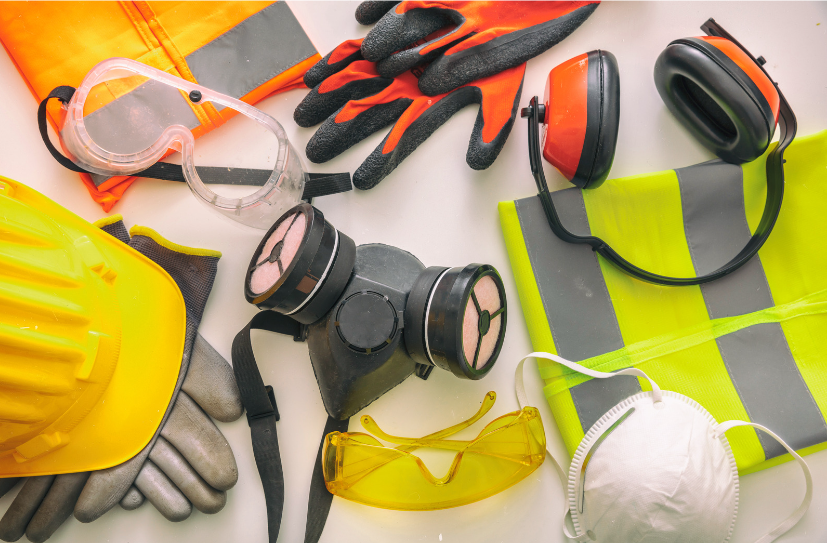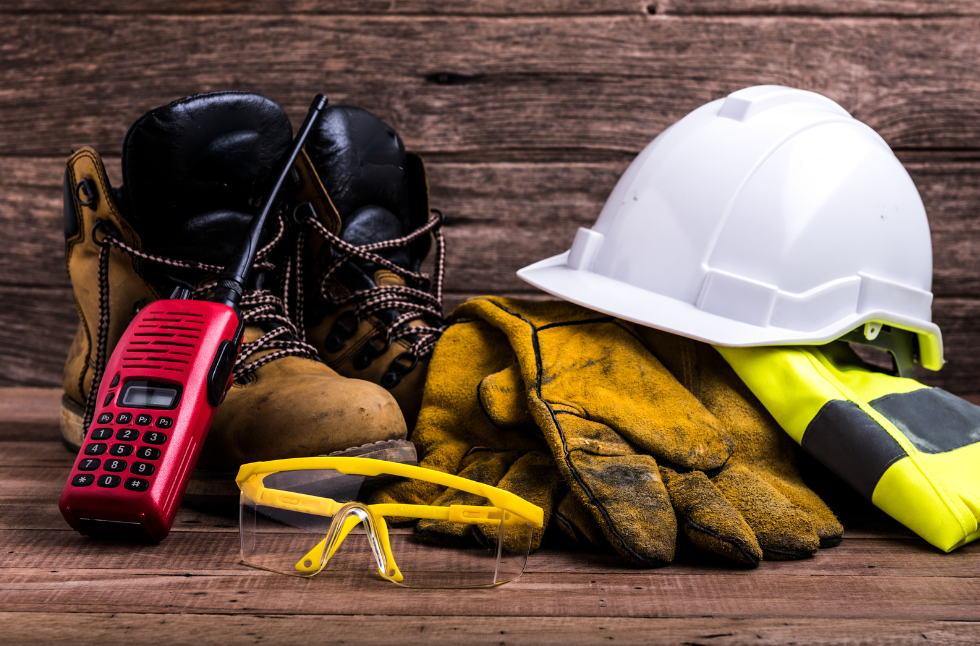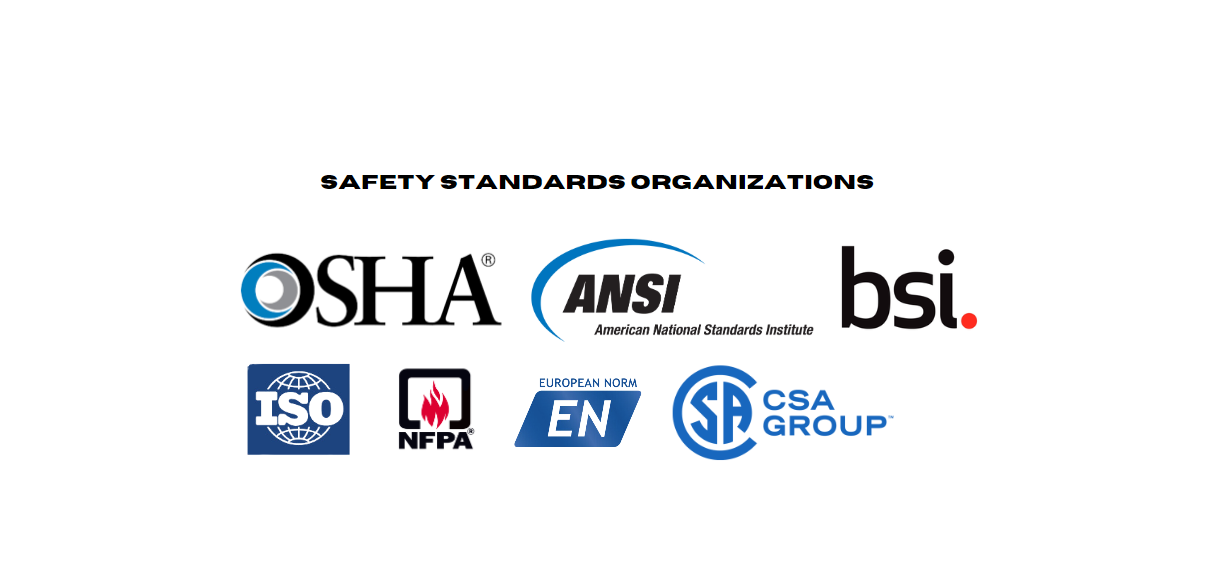About Us
Custom PPE: Designing for Specific Industries and Needs

Why Custom PPE Matters
Custom PPE is designed to address the unique risks and requirements of specific industries and individual roles within those industries. The benefits of custom PPE include:
Enhanced Protection: Standard PPE may not provide adequate protection against industry-specific hazards. Custom PPE ensures that workers are fully protected against the unique risks they face daily.
Improved Comfort and Fit: PPE that fits well is more likely to be worn correctly and consistently. Custom PPE can be tailored to the measurements and preferences of individual workers, increasing comfort and compliance.
Increased Productivity: Comfortable and well-fitting PPE reduces discomfort and distraction, allowing workers to focus more on their tasks and maintain higher productivity levels.
Regulatory Compliance: Different industries are subject to various safety regulations. Custom PPE can be designed to meet or exceed these standards, ensuring compliance and avoiding legal issues.
Custom PPE for Different Industries
1. Construction
The construction industry involves a wide range of activities, each with specific safety requirements. Custom PPE for construction workers might include:
- Hard Hats: Designed with additional attachments for lamps, face shields, or earmuffs.
- High-Visibility Clothing: Customizable in terms of color, fit, and reflective striping to meet the specific visibility needs of different construction sites.
- Protective Footwear: Tailored with reinforced toes, slip-resistant soles, and additional ankle support.
2. Healthcare
Healthcare professionals are exposed to various biological and chemical hazards. Custom PPE for this sector includes:
- Face Masks and Shields: Designed to fit different face shapes and sizes, providing better seal and comfort.
- Gowns and Gloves: Tailored for specific tasks, such as surgical procedures, to ensure maximum protection and ease of movement.
- Respirators: Customized for prolonged use, providing a better fit and higher level of protection against airborne pathogens.
3. Manufacturing
Manufacturing environments can vary widely, from electronics assembly to heavy machinery operation. Custom PPE for manufacturing might involve:
- Gloves: Designed for specific tasks, such as cut-resistant gloves for handling sharp objects or heat-resistant gloves for working with high temperatures.
- Protective Eyewear: Customized for different lighting conditions and hazards, such as impact-resistant goggles or anti-fog glasses.
- Coveralls: Tailored for specific tasks, with added features like reinforced knees, multiple pockets, and breathable fabrics.
4. Oil and Gas
The oil and gas industry presents unique challenges, including fire and explosion risks. Custom PPE for this sector includes:
- Flame-Resistant Clothing: Designed to meet stringent safety standards, with options for different levels of protection based on the job role.
- Gas Detection Equipment: Customized to detect specific gases present in the work environment, with real-time monitoring capabilities.
- Specialized Footwear: Tailored for oil and gas environments, offering protection against chemicals, slips, and punctures.
5. Food and Beverage
Workers in the food and beverage industry need PPE that ensures hygiene and safety. Custom PPE for this sector includes:
- Hairnets and Beard Covers: Designed for comfort and secure fit, preventing contamination.
- Aprons and Gloves: Tailored to specific tasks, such as heat-resistant gloves for handling hot items or waterproof aprons for cleaning tasks.
- Slip-Resistant Footwear: Customized to provide maximum traction on wet and greasy surfaces.
Designing Custom PPE: Key Considerations
When designing custom PPE, several factors must be taken into account:
Risk Assessment: Identify the specific hazards associated with the job role and environment to determine the necessary level of protection.
Comfort and Fit: Consider the physical characteristics and preferences of the individual workers to ensure the PPE is comfortable and fits well.
Material Selection: Choose materials that provide the necessary protection while being durable and comfortable for long-term use.
Regulatory Compliance: Ensure the custom PPE meets or exceeds industry-specific safety standards and regulations.
Worker Feedback: Involve workers in the design process to gather input on their needs and preferences, leading to higher acceptance and compliance rates.
Conclusion
Custom PPE is an essential component of a comprehensive safety strategy for any industry. By addressing the specific risks and requirements of different job roles, custom PPE provides enhanced protection, comfort, and compliance. Investing in custom PPE not only safeguards workers but also boosts productivity and ensures regulatory compliance. As industries continue to evolve, the demand for tailored protective solutions will only grow, making custom PPE a vital aspect of workplace safety.



